


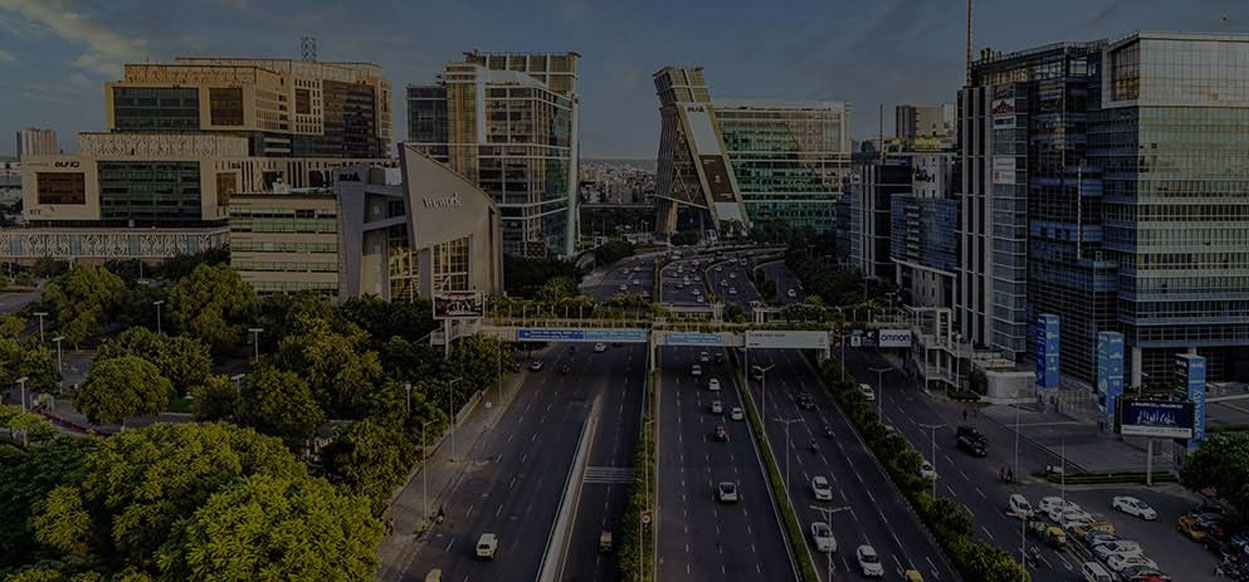
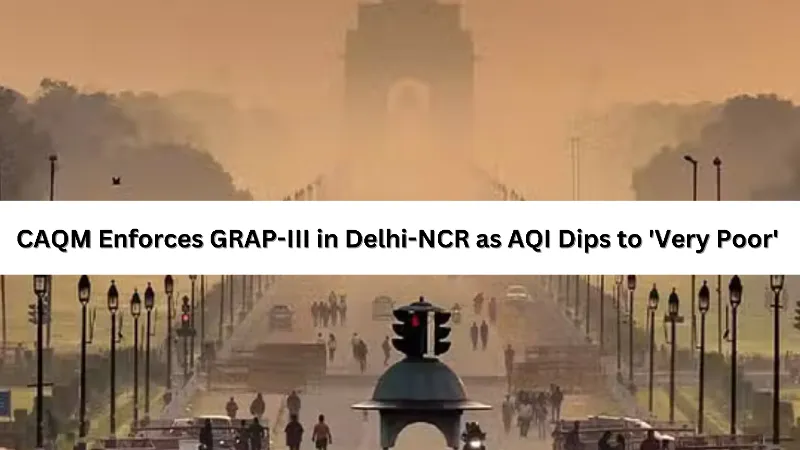
Delhi-NCR and Gurugram are facing severe air pollution as the Air Quality Index (AQI) drops into the 'very poor' category. To combat rising pollution levels, the Commission for Air Quality Management (CAQM) has enforced GRAP-III restrictions under the Graded Response Action Plan (GRAP) to curb emissions and protect public health.
What is GRAP-III? The Graded Response Action Plan Stage III (GRAP-III) is implemented when AQI reaches the 'very poor' category (301-400). It mandates strict pollution control measures such as banning construction and demolition activities, restricting industrial emissions, and limiting vehicular pollution. These steps are crucial to prevent the air quality from worsening to the 'severe' level.
How GRAP-III Affects Daily Life in Delhi-NCR and Gurugram With GRAP-III implementation, residents and businesses in Delhi, Noida, Gurugram, and surrounding areas will face restrictions on construction projects, diesel generator usage, and certain industrial operations. Additionally, public transport services will be strengthened, promoting reduced use of private vehicles to control vehicular emissions, a major contributor to Delhi air pollution.
Health Impact and Safety Measures Due to increasing Delhi air pollution levels, health experts recommend people take precautions. Wearing N95 masks, using air purifiers, and reducing outdoor activities can help mitigate health risks, especially for children, the elderly, and individuals with respiratory issues.
Government Actions & Public Response Authorities are actively monitoring pollution levels, imposing fines on rule violators, and encouraging citizens to adopt eco-friendly practices. Public cooperation is essential—carpooling, using public transport, and avoiding waste burning can significantly contribute to improving Delhi-NCR air quality.
Conclusion With rising Delhi smog and worsening Gurugram air quality, the enforcement of GRAP-III restrictions is essential to combat pollution. Continuous efforts by the government and active participation from the public are key to achieving cleaner air and a healthier future.
Stay informed with the latest Delhi air pollution updates, and follow recommended safety guidelines to minimize exposure. Together, we can fight air pollution and ensure a breathable environment for all.


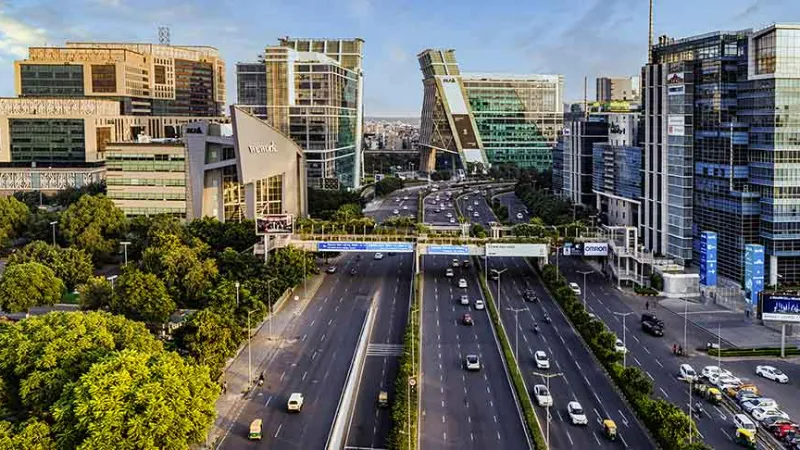
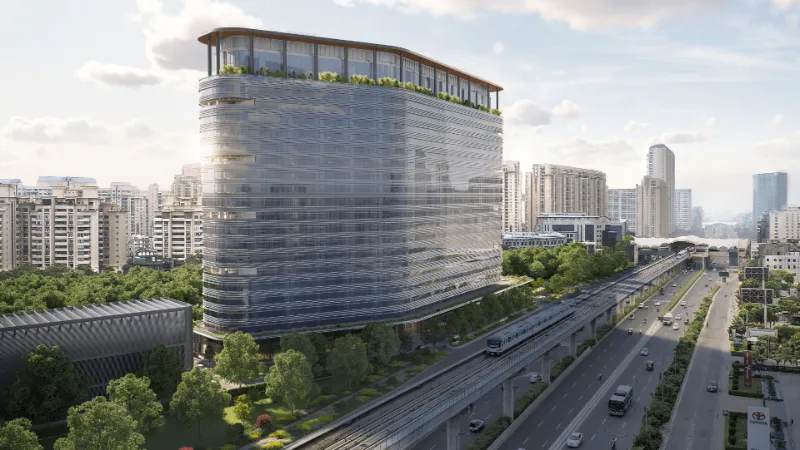

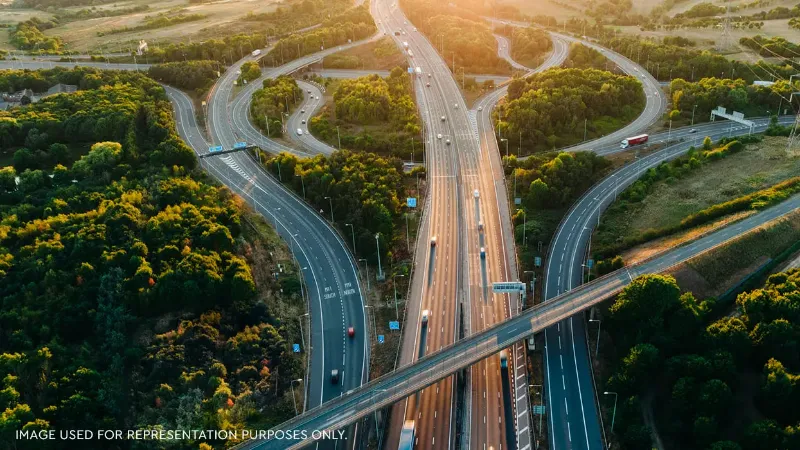





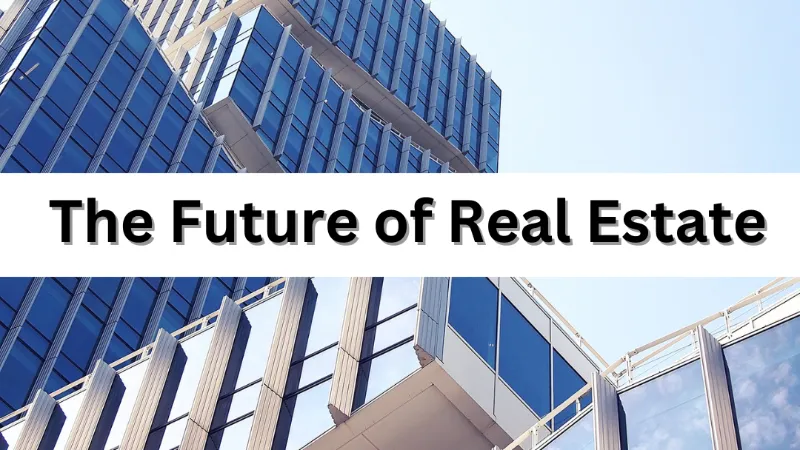


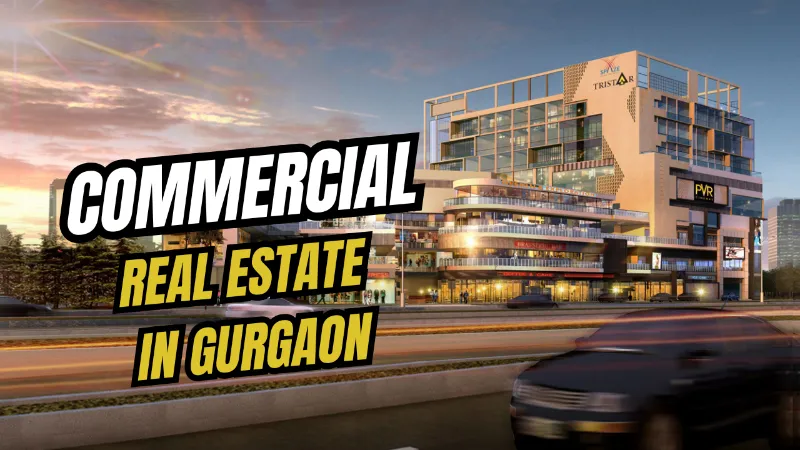


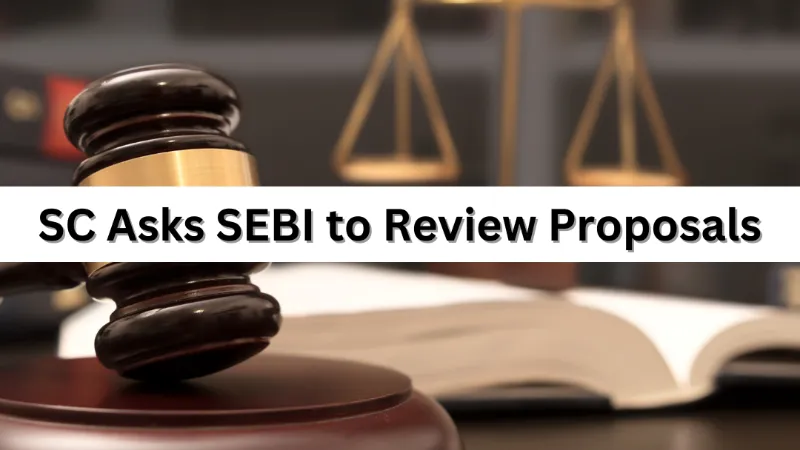

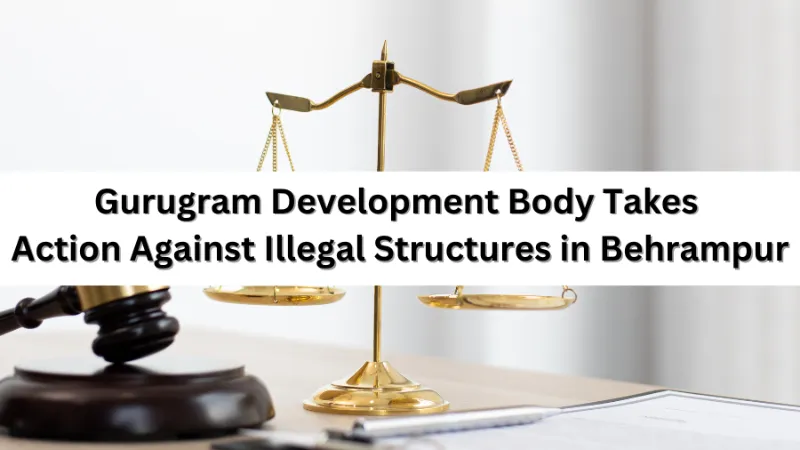

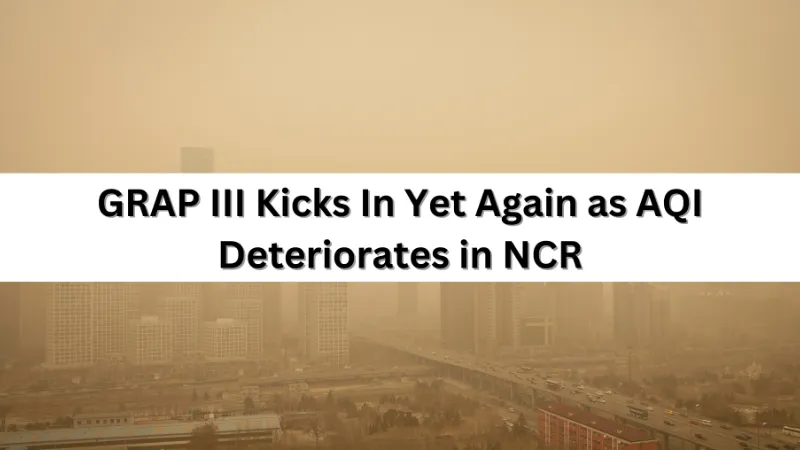


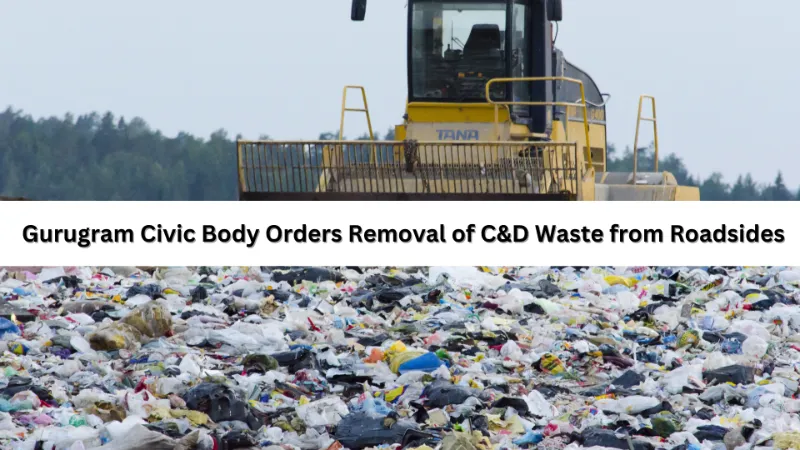
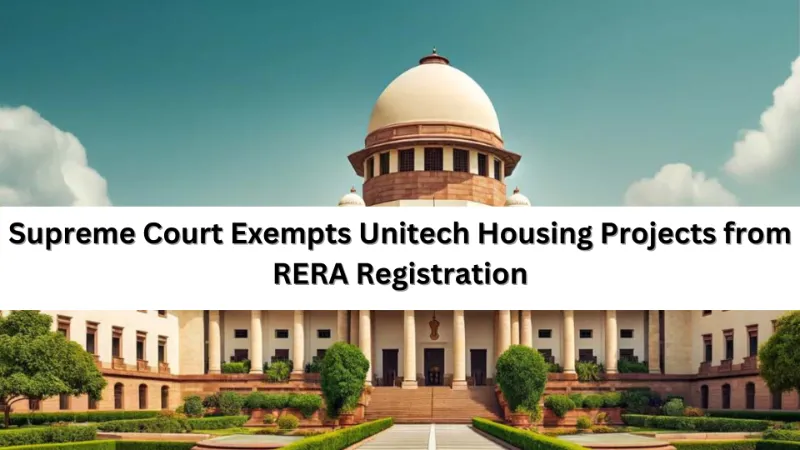
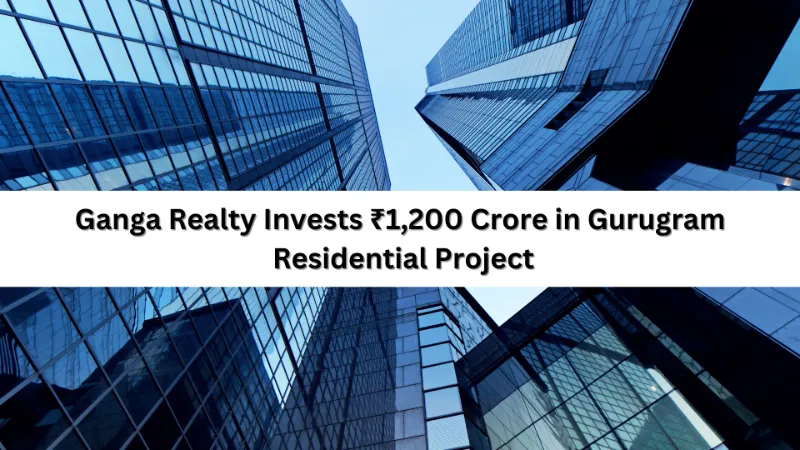
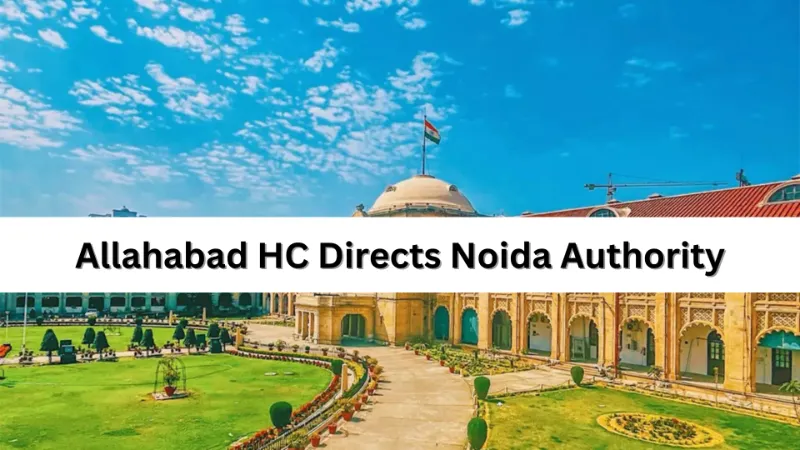
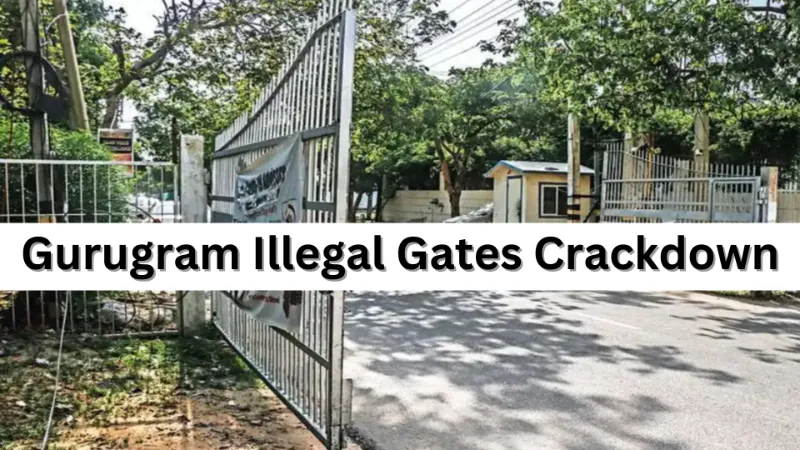
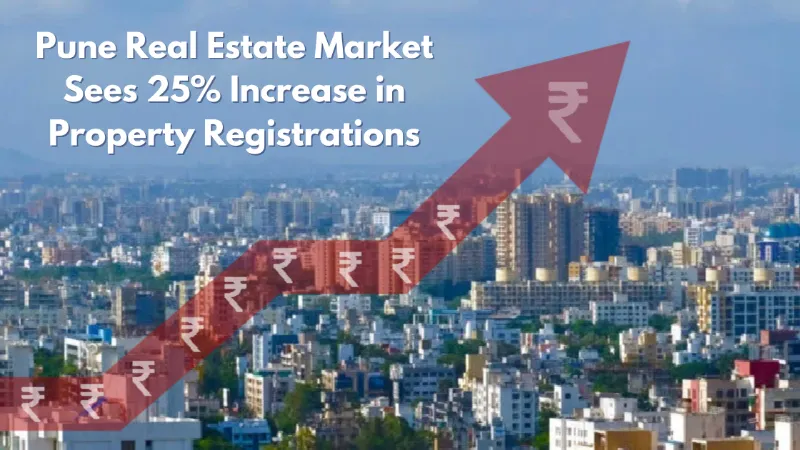
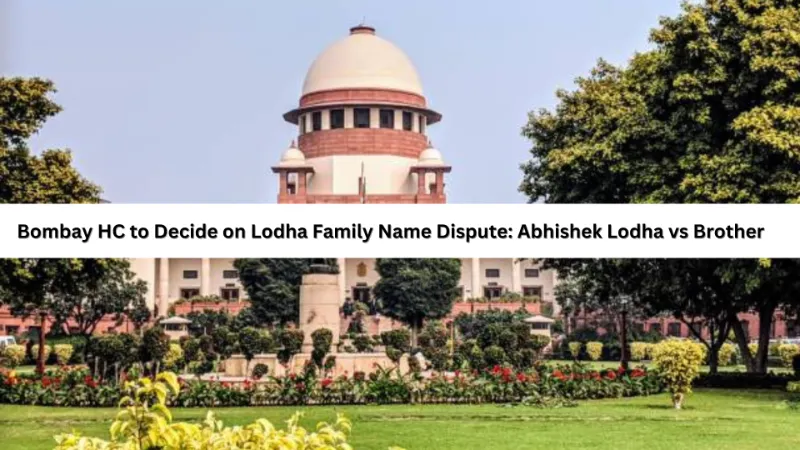
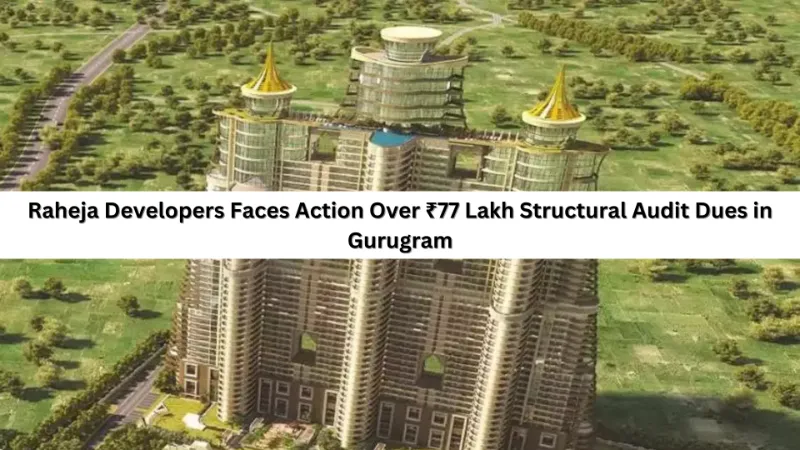
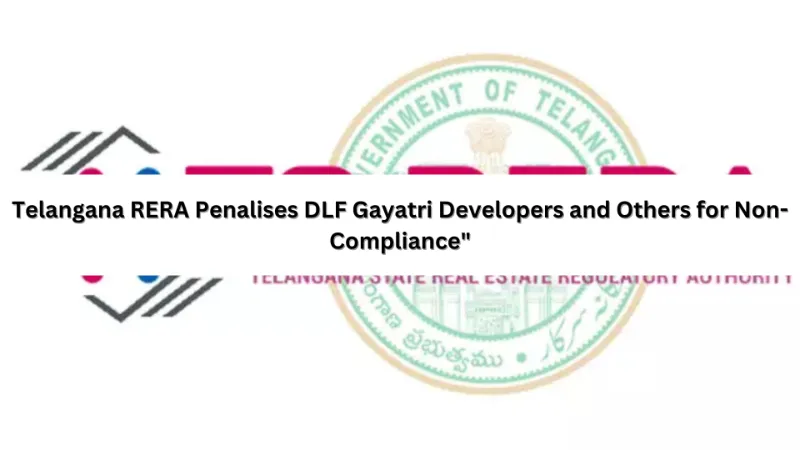


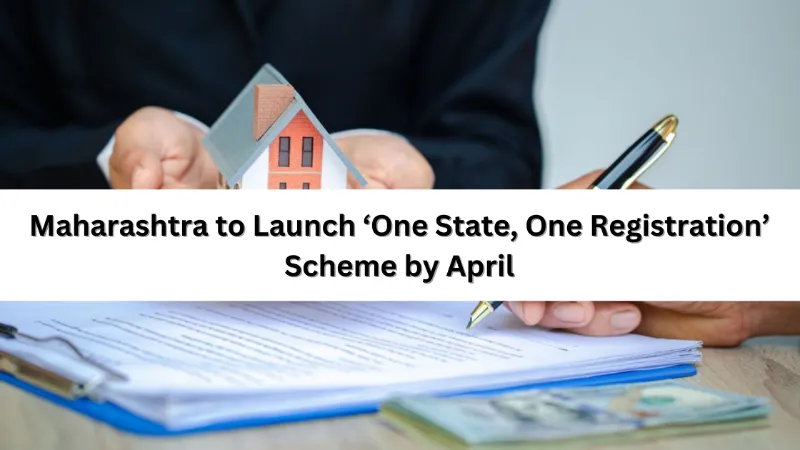
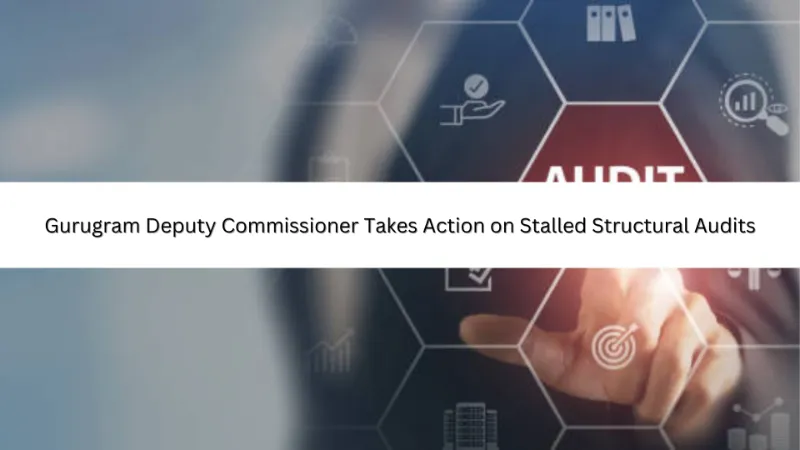
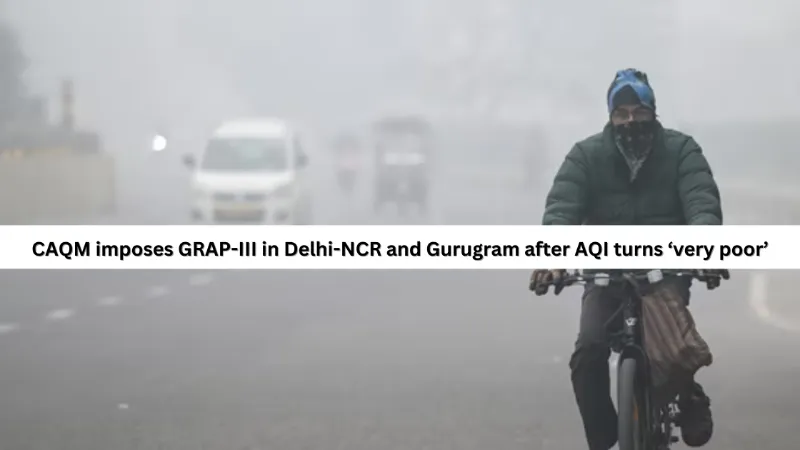

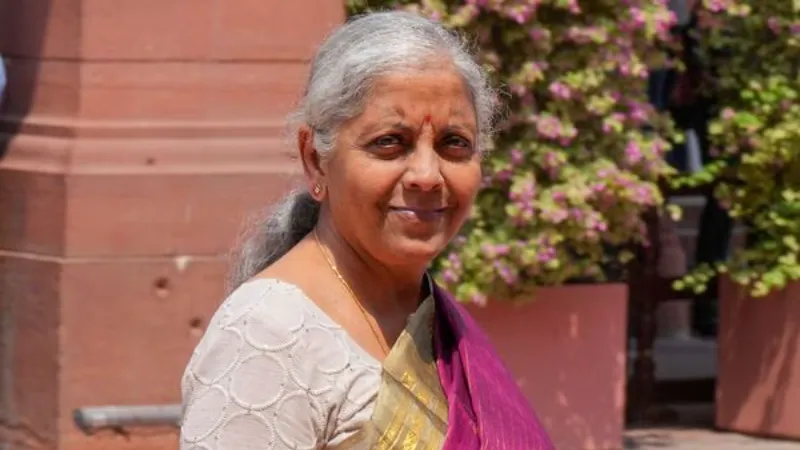
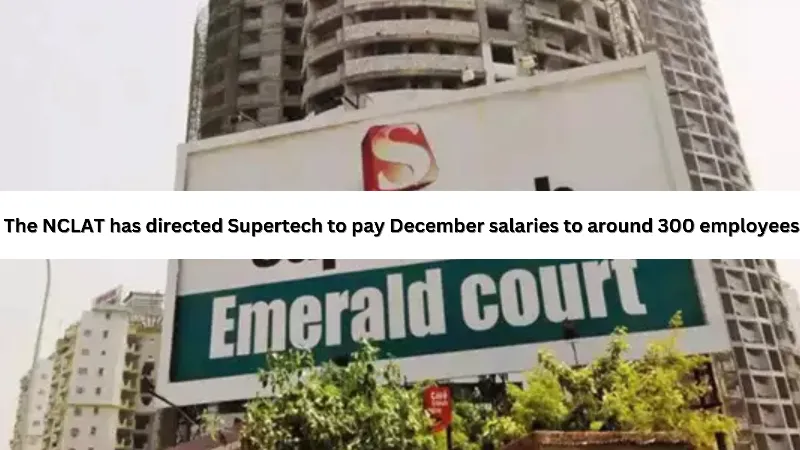


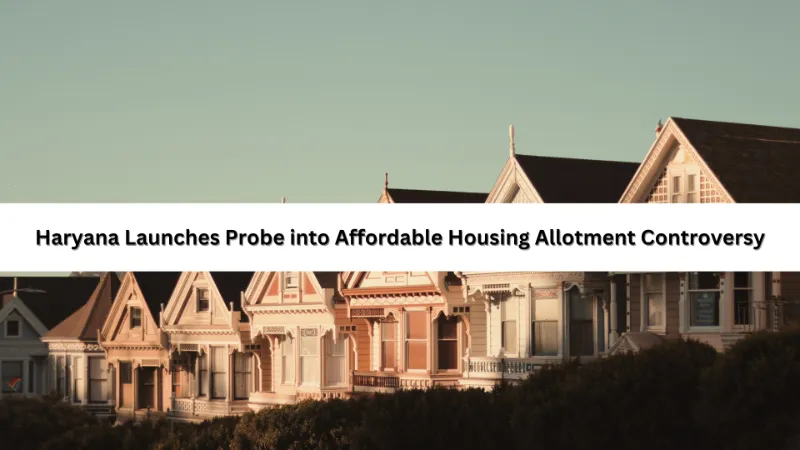
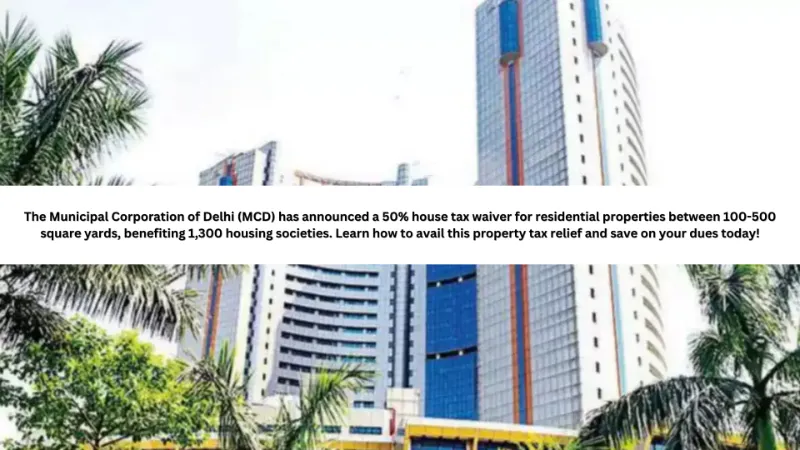

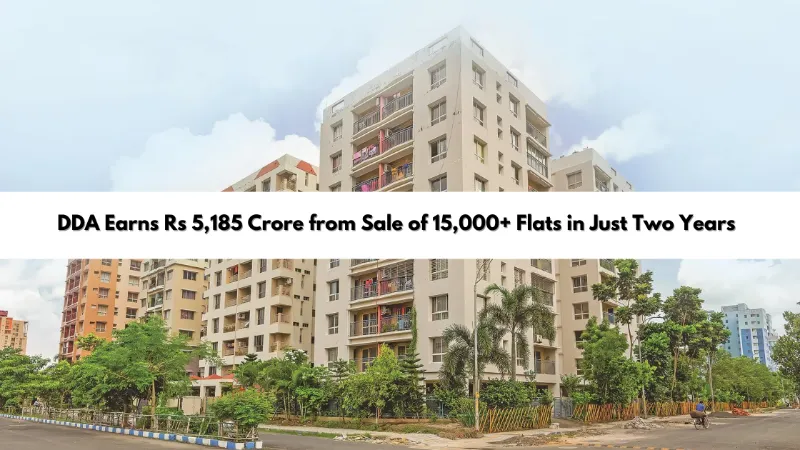


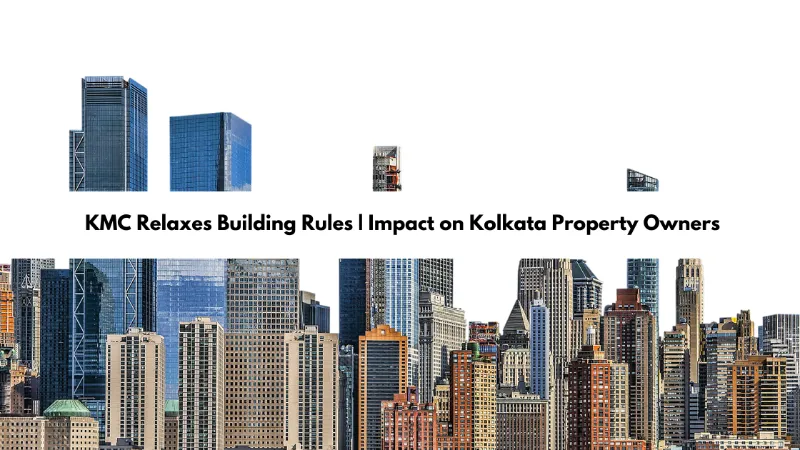
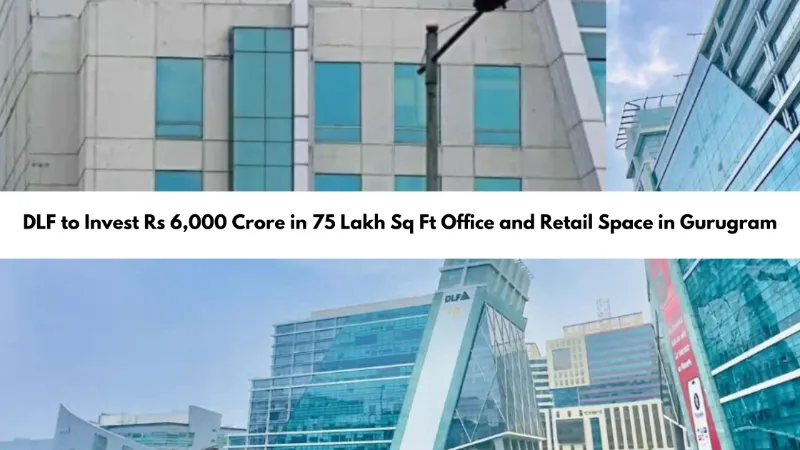
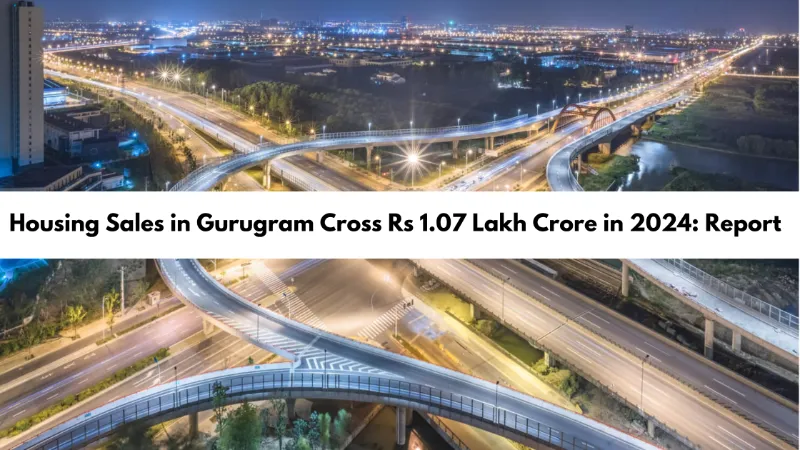




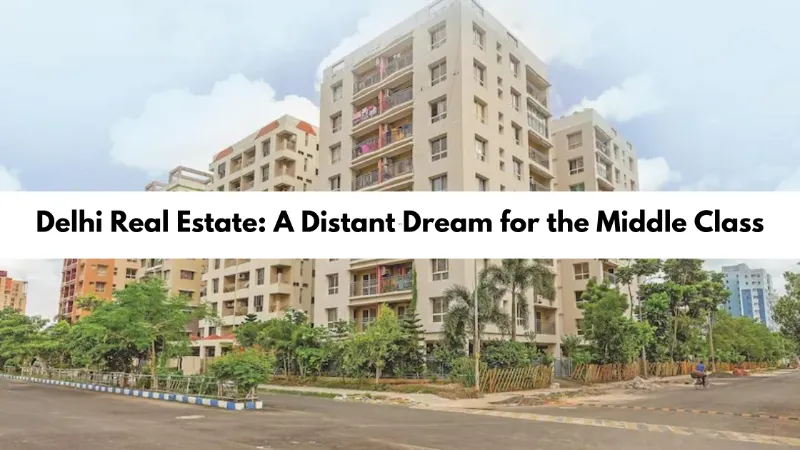
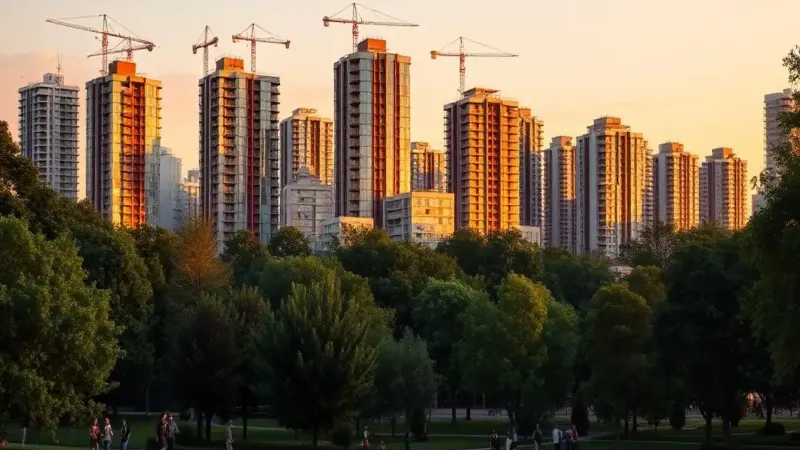
Give your Comments